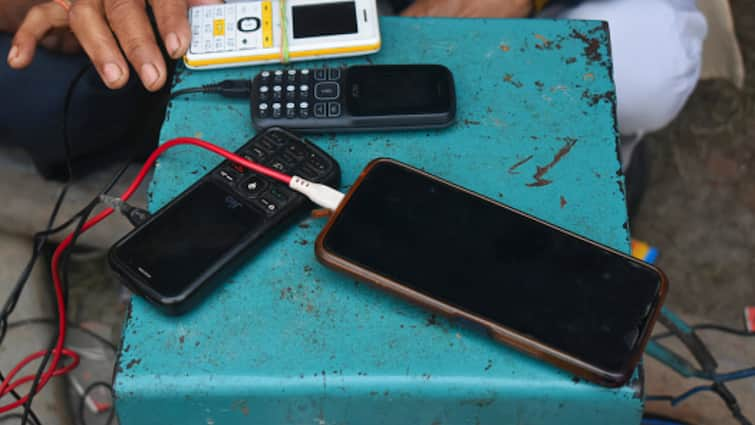
Mobile phone manufacturing in India has seen a remarkable surge, jumping from an estimated Rs 18,900 crore in 2014-15 to approximately Rs 3,50,000 crore in 2022-2023, the government said on Wednesday. This represents an outstanding increase in production of over 1,700 per cent, said a report by news agency IANS. In terms of volume, India has become the world’s second-largest manufacturer of mobile phones.
India’s position in the global electronics supply chain has evolved from being nearly insignificant to swiftly emerging as a substantial and reliable participant in the global electronics value chain (GVC), Minister of State for Electronics and IT, Rajeev Chandrasekhar, on Wednesday, said while responding to a question in Lok Sabha.
“To transform our domestic manufacturing from import substitution to export-led manufacturing, the government has reduced the basic customs duty (BCD) to 10 per cent (from 15 per cent) on the goods covered under mechanics, die-cut parts and others category for use in the manufacturing of mobile phones,” Chandrasekhar was quoted as saing by IANS.
“The export of mobile phones has also increased from an estimated Rs 1,566 crore in 2014-15 to an estimated Rs 90,000 crore in 2022-23, making an impressive increase in exports by more than 5,600 per cent,” the MoS added.
The plan to elevate electronics production to $300 billion from the current approximately $75 billion hinges on expanding and intensifying electronics manufacturing activities across the country.
Following the success of the production linked incentive (PLI) scheme for mobile phones, the government anticipates that extending the PLI to IT hardware and servers will catalyse increased investments in the component ecosystem within the country, thereby fostering the development of the supply chain.
“Government envisions to position India as a global hub for export-driven manufacturing hub and electronics system design and manufacturing (ESDM) by encouraging and driving capabilities in the country for developing core components, including chipsets, and creating an enabling environment for the industry to compete globally,” the MoS noted.
